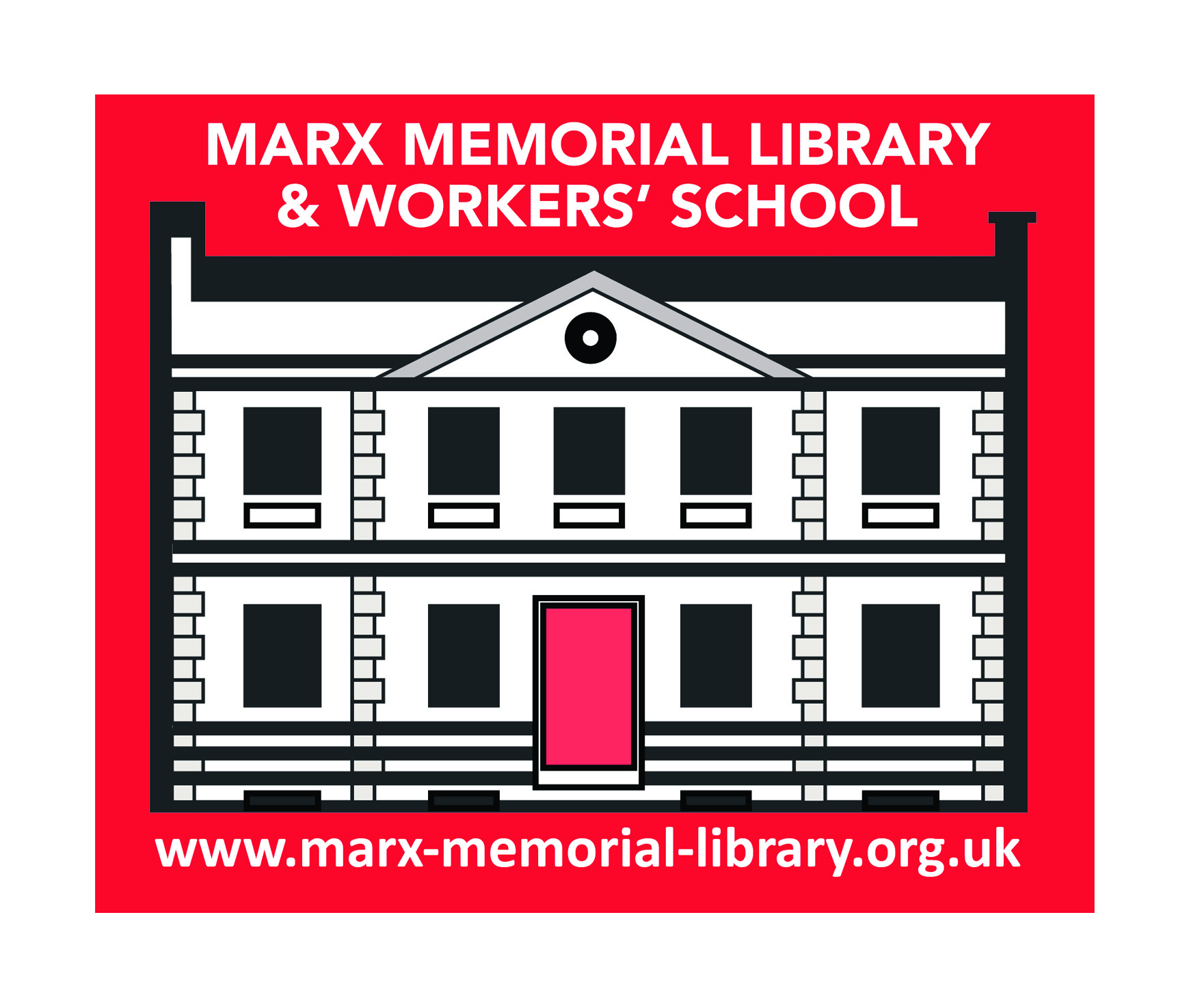ALEX HALL interviews PAUL HOLDEN, whose bombshell book uses leaked documents to expose how the Starmer faction used systematic dishonesty to seize power and reopen the door to the corrupting ecosystem of corporate lobbying and sleaze


What is Freedom? Ye can tell / That which Slavery is too well, For its very name has grown / To an echo of your own.
SHELLEY’S poem “The Masque of Anarchy” was written in response to the Peterloo Massacre in St Peter’s Field, Manchester, in August 1819 when cavalry charged a demonstration to demand the reform of parliamentary representation, killing 15 and injuring hundreds. Shelley is clear that slavery is central to capitalism — from wage slavery to physical repression: but he leaves any definition of freedom hanging in the air.
Apologists for capitalism, by contrast are clear what they mean by “freedom.” Freedom, they argue, is the basis of “our” economic system; freedom for those who own property to keep it; of “free” competition, consumer “choice” and the phoney “freedom” of the market.
For capitalism, freedom is not an abstraction — but its underlying reality is the freedom for financial, industrial and landed owners of capital to exploit workers and consumers.
Its apologists justify it, paradoxically and in a curious dialectic, by two contradictory “explanations.” The first is our “freedom” to sell our labour power to any employer who will buy it and to buy the commodities that we desire with the wages we are paid. At the same time they argue also that we are not free — and certainly not free to change the system which (they tell us) is a result of “human nature.”
The status quo is inevitable. How often have you heard an explanation involving the term “it’s human nature” (sometimes bolstered with a reference to sociobiology) used to justify or explain greed, competitiveness, aggression, inequality or any other (usually negative) aspect of the human status quo?

From hunting rare pamphlets at book sales to online panels and courses on trade unionism and class politics, the MML continues connecting archive treasures with the movements fighting for a better world, writes director MEIRIAN JUMP














